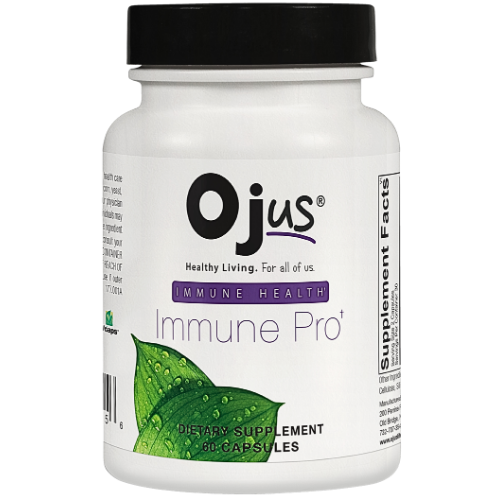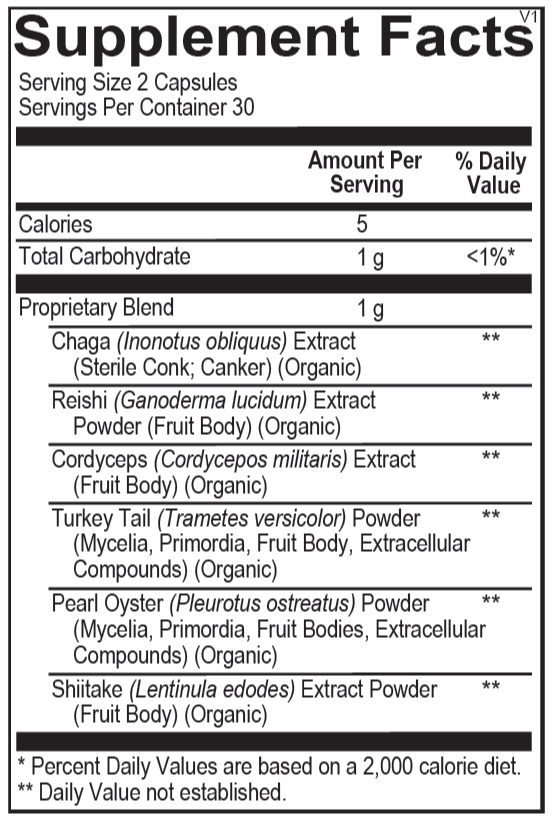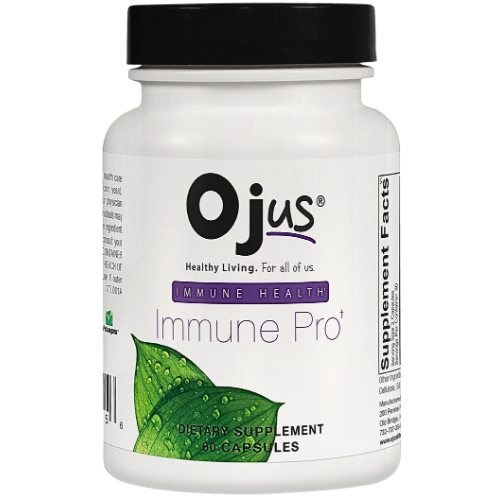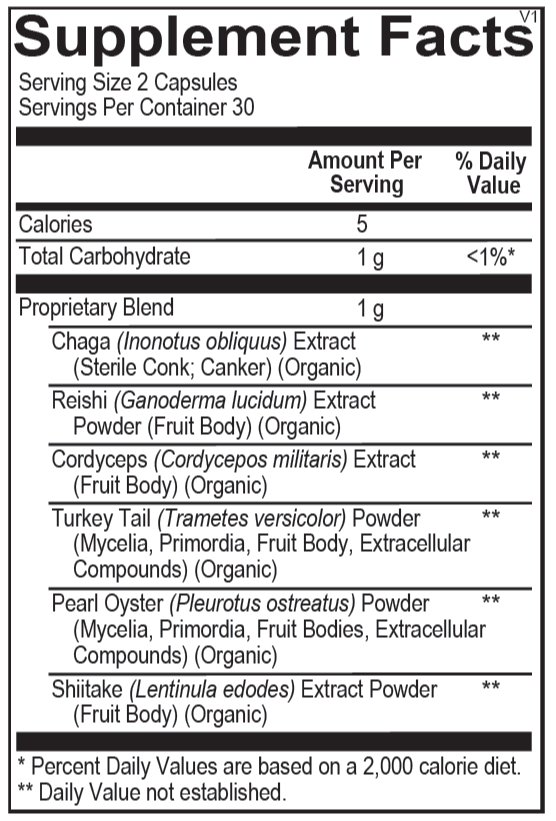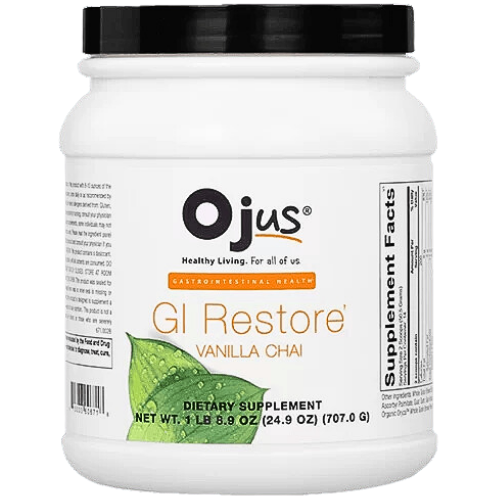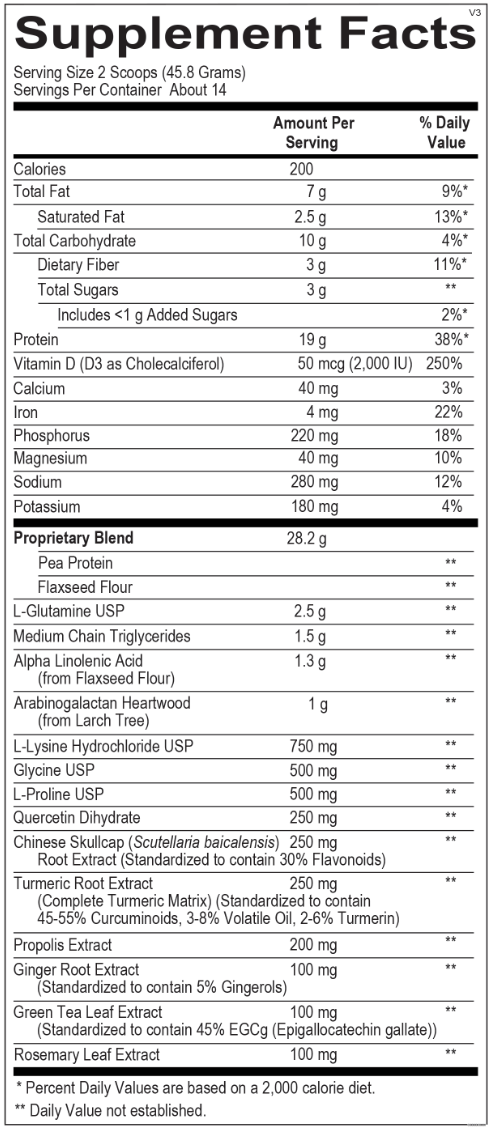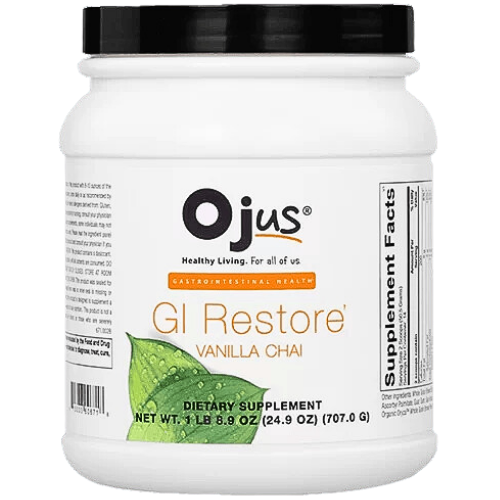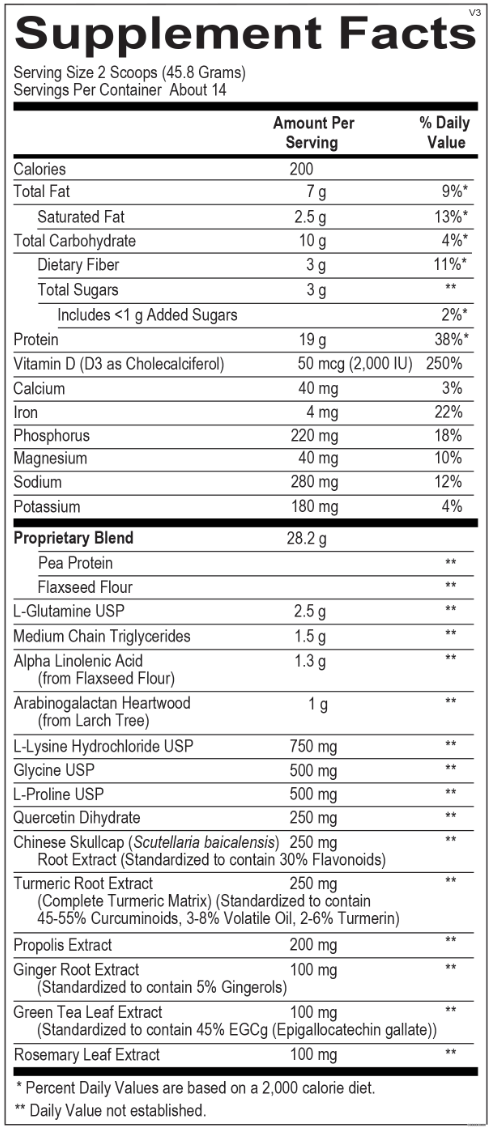
Overcoming Leaky Gut Syndrome
Dr Anita NischalTable of Contents
| Did you know that seasonal allergies, skin problems, hormone imbalances, digestive problems, mood swings, weak immunity are all symptoms of leaky gut syndrome? The term “leaky gut” has received a lot of attention in recent years. |
The leaky stomach causes pervasive inflammation and promotes an immune reaction, affecting several health troubles that are together identified as a leaky gut syndrome.
The gut or gastrointestinal tract (GI Tract) is the elongated tube that starts at the mouth and finishes at the anal passage. The same is liable for managing food from the time it is eaten till it is absorbed and eliminated by the body in the form of stool.
Good gut health is a sign of excellent overall health. However, the ‘leaky gut syndrome’, well-known as intestinal permeability, is a disorder that can disturb your gut health and can invite a host of other medical ailments.
The leaky gut syndrome is affecting more than 80% of the population in the United States alone and millions of people are struggling in the world without even knowing that!
Definition of Leaky Gut Syndrome
Leaky stomach or gut or “intestinal permeability,” is a state in which the lining of the small intestine begins to be damaged, affecting undigested food grains, toxic waste products and bacteria to “leak” through the intestines and flood the bloodstream.
The external bodies entering the blood can trigger an autoimmune reaction in the body containing inflammatory and allergic effects such as migraines, eczema, irritable bowel, food allergies, chronic fatigue, rheumatoid arthritis amongst others.
With leaky gut syndrome, injured cells in your intestines do not generate the enzymes required for proper digestion. Thus, your body cannot absorb vital nutrients, which can begin to disturb the hormone balances and weaken the immune system.
Early Signs of Leaky Gut Syndrome
Here are some signs of the leaky gut syndrome:
- Digestive system issues such as bloating, diarrhoea, gas, or irritable bowel syndrome.
- Seasonal allergies or asthmatic symptoms.
- Hormonal imbalances leading to PCOS (Polycystic Ovary Syndrome) & PMS (Premenstrual Syndrome).
- Autoimmune illnesses like Rheumatoid arthritis, Hashimoto’s thyroiditis, lupus, psoriasis, or celiac disease.
- Chronic fatigue
- Mental health issues like depression, anxiety.
- Skin ailments like acne, rosacea, or eczema.
- Candida overgrowth: fungal infection in humans.
- Food allergies, sensitivities, or intolerances.
- A weak immune system.
- Arthritis or joint pain.
Treatment for Leaky Gut Syndrome
Even though diet is crucial to advancing gut health, there are a plethora of other measures you can take that can cure the leaky gut syndrome.
Below are some leaky gut treatments:
- Take a probiotic leaky gut supplement– Probiotics include helpful bacteria which may improve gut health.
- Ease stress– Chronic stress can harm useful gut bacteria, thus meditation or yoga can help.
- Quit smoking– Smoking is a risk factor for numerous bowel conditions and may boost inflammation in the digestive tract.
- Sound sleep – Lack of sleep can trigger a poor delivery of healthy gut bacteria, perhaps causing heightened intestinal permeability.
- 10-DAY Detox- Taking a 10-day detox supplement from OjusLife is also beneficial in calming down your leaky gut.
Diet for Leaky Gut Syndrome
You must eat a diet rich in foods that support the growth of beneficial gut bacteria. The following foods are wonderful and act as a great leaky gut treatment option:
| Diet Plan | List of Food Options for Leaky Gut Syndrome |
| Vegetables | Broccoli, brussels sprouts, cabbage, arugula, carrots, kale, beetroot, Swiss chard, spinach, ginger, mushrooms, and zucchini, potatoes, carrots, squash, and turnips. |
| Fermented vegetables | Kimchi, sauerkraut, tempeh, and miso. |
| Fruits | Coconut, grapes, bananas, blueberries, raspberries, strawberries, kiwi, pineapple, oranges, mandarin, lemon, limes, passionfruit, and papaya. |
| Sprouted seeds | Chia seeds, flax seeds, sunflower seeds. |
| Healthy fats | Avocado, avocado oil, coconut oil, and extra virgin olive oil |
| Fish & meats | Salmon, tuna, herring, lean cuts of chicken, beef, lamb, turkey, and eggs |
| Dairy products | Kefir, yogurt, Greek yogurt. |
| Beverages | Bone broth, teas, coconut milk, nut milk, water, and kombucha |
| Nuts | Raw nuts, including peanuts, almonds. |
Foods to avoid
Below is the list of foods you should avoid to prevent leaky gut syndrome.
- Avoiding specific foods is similarly essential for enhancing your gut health.
- Wheat-based products
- Gluten-containing grains
- Processed meats.
- Baked goods such as cakes, muffins, cookies, pies, pastries, and pizza.
- Junk food.
- Dairy products like milk, cheeses, and ice cream.
- Refined oils & Artificial sweeteners.
- Sauces, salad dressings, alcohol, carbonated beverages, and other sugary drinks.
More Recommendations
Our modern lifestyle habits like eating processed foods, little exercise, and stress-filled work give rise to health problems such as leaky gut syndrome. The leaky stomach becomes a common health condition and the source of many health difficulties such as food sensitivities, mood issues, autoimmune diseases, and chronic overtiredness.
Once you get to know that you are suffering from the leaky gut syndrome, following a healing diet is the main step toward recovery. But there are additionally some leaky gut supplements that can decrease inflammation and restore gut lining.
Also Study:7 Foods that Cause Inflammation
The most vital supplements are Probiotics by OjusLife. Taking a leaky gut supplement can benefit you in many ways. It helps in digestion, reduces gas, bloating, rebalances gut bacteria, supports the absorption of micronutrients, boosts immunity, and delivers good gut health. It is the leaky gut supplement that increases secretory IgA for enhanced gut Immunity and supports bowel regularity.
Also, we suggest you do a food sensitivity test to see what foods your body has issues in digesting.
Read More: Importance of Food Allergy Sensitivity Test
If you are suffering from poor gut health or experiencing digestive health issues then, you ought to have leaky gut syndrome. Besides, you have skin problems, joint pain, and mental health issues, you are prone to leaky stomachs.
Majorly, you should avoid gluten-containing food as the symptoms of leaky gut and celiac disease are the same. Apart from this, processed and junk foods can also trigger a leaky gut. Additionally, using sauces, salad dressing, refined oils, baked foods can boost the signs of a leaky stomach.
Leaky gut can result in poor digestion, fatigue, anxiety, depression, weight problems, and other serious conditions. It has been associated with asthma, diabetes, rheumatoid arthritis, irritable bowel, kidney disease, psoriasis, chronic fatigue syndrome, and heart failure as well.
The main causes of the leaky gut syndrome include gluten products, inflammation, stress, bad lifestyle habits, and others. Chronic stress can start the immune system dysregulation and amplify the immune response. Enzyme deficiency can lead to inadequate digestion of proteins. Many people who are gluten sensitive also respond to a range of other foods containing casein (a protein in dairy products), chocolate, coffee, buckwheat, sorghum, millet, tapioca, quinoa, yeast, sesame, corn, rice, and potatoes.
Enhance stomach acid by sipping on warm water with lemon and ginger or taking a couple of tablespoons of Apple Cider Vinegar before your meal. This encourages stomach acid production. Home-made bone broth is also essential to improving stomach acid production. Avoid wheat, rye, and barley that are discovered in foods like bread, pasta, croissants, cereals, biscuits, cakes, pancakes, doughnuts, etc.
Do not consume processed foods in general. Also, take herbal leaky gut supplements like Probiotics.
The best home remedies for the leaky gut syndrome are:
- Enhance your intake of high-fibre foods.
- Lessen your intake of refined carbohydrates.
- Take probiotic supplements.
- Lessen your stress levels.
- Cut your alcohol intake.
- Avoid gluten containing products.




